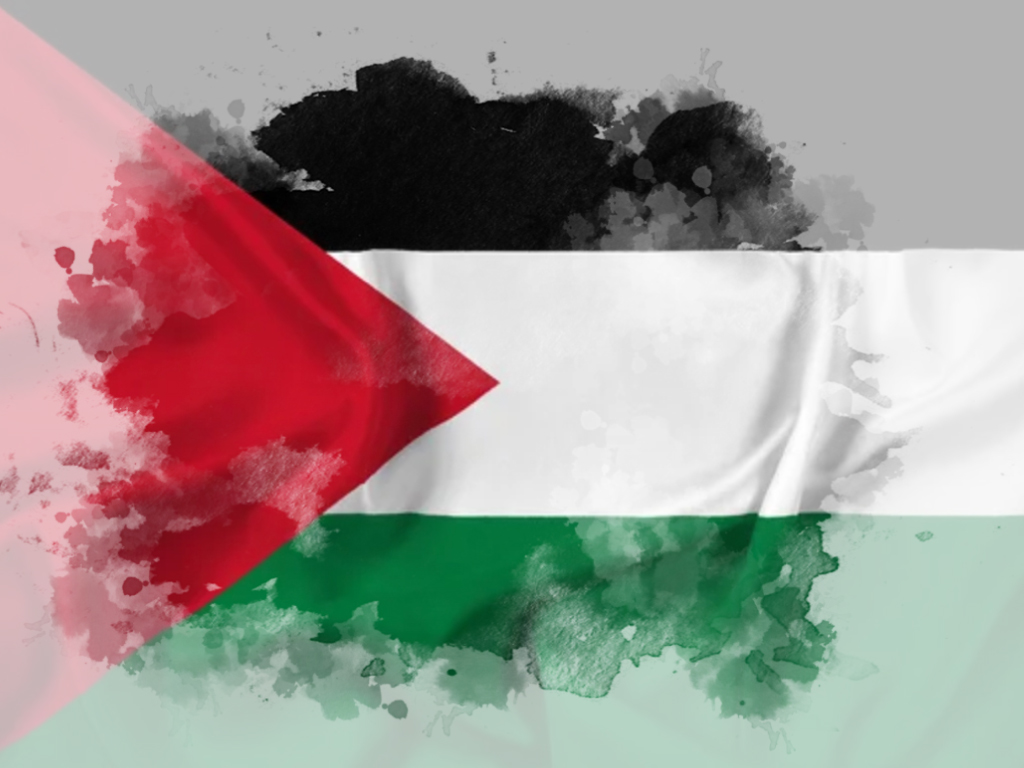

The Question of Palestine
The Question of Palestine has been central to the Middle East’s history for the past century. It remains one of the largest unresolved political legacies of the modern era. Despite their strength and resilience, the people of Palestine have faced and endured issues of dispossession, depredation, displacement, and dehumanization for too long. To fully realize justice and a dignified future for the Palestinian people, solutions must address the inalienable and fundamental rights of millions of Palestinians, many of whom are refugees and stateless, and end the human rights abuses and discrimination against the Palestinians, all while ensuring the existence of an effective UN system (mainly through UNRWA) to support refugees. This is what the Question of Palestine Program stands for.
Context
As one commentator recently put it, “contrary to a prevailing perception of ‘stuckness’ and stalemate, in actual fact, the Question of Palestine is passing through a quite profound transition.” The eclipse of the two-state ‘solution’ has prompted a journey towards a new paradigm in which the authoritative designation of Israel perpetrating the international crime of apartheid in the territories under its control, provides renewed impetus to the Palestinian struggle for decolonization, justice, and liberation. At the same time, UNRWA, the UN agency for Palestinian refugees, has been struggling with an ever more serious financial crisis, prompting calls for change, in 2022 alone three new studies on the agency were conducted. These profound shifts are taking many, primarily policymakers, out of their comfort zone, and their long-term significance merits careful consideration.
The Question of Palestine Program
Given the centrality of the Question of Palestine to the renaissance of the Arab world and taking into account the alarming developments related to Jerusalem and Palestinian refugees in 2018, ARDD launched its Question of Palestine Program (QPP) with the aim of establishing a platform in the Arab world for critical reflection with respect to these unresolved problems. The Program aims to support, from within the Middle East, the cause for justice for Palestine and the Palestinians, in particular countering the decline of interest in the unmet rights of Palestinian refugees in the dominant political discourse in the region. It does this through awareness raising, dialogue, policy analysis, networking, and engagement on the Palestine question.
The program focuses on three main themes: Palestinian Refugees; Decolonizing Palestine; and Justice and Accountability.
Palestinian refugees
Its initial focus, the QPP will continue to engage on the question of Palestinian refugees, including the crisis with respect to UNRWA. Building on the results of its 2018 and 2019 workshops and several policy briefs, the program will continue to engage with UNRWA, in addition to host and donor representatives. The escalation of the agency’s funding crisis has triggered a number of studies and reflections in respect of which ARDD has been approached with requests for advice and technical input, and on which it will further engage following their publication. Beyond UNRWA, the program will continue to raise awareness, build capacity, and support dialogue with respect to the situation of the refugees, and the just resolution of their plight.
Decolonizing Palestine
As set out in the above section on the context in which the program operates, the Question of Palestine is passing through a profound transition with the demise of the two-state solution prompting new thinking with respect to the unresolved situation in Palestine as a struggle for decolonization, ending occupation and apartheid, and ultimately liberation. Building on its work to date, the Program will be further exploring different aspects related to what can be broadly referred to as ‘decolonizing Palestine’, including reframing and developing a new language for dealing with the situation in Palestine; ‘imagining’ Palestine beyond apartheid, occupation, and the blockade of Gaza; supporting the renewal of the Palestinian national movement, with an emphasis in supporting youth voices; and further considering the consequences of normalization.
Justice and Accountability
The QPP will continue to support initiatives toward achieving justice for Palestinians and for strengthening accountability for violations of international law. This will include research resulting in a legal brief on the relevance of international criminal law for the refugee question and submission of the brief to the ICC Prosecutor, for consideration as part of the ongoing investigation into the Situation of Palestine, as well as to the newly established Independent Commission looking into the events of May 2021. The program will also support research and explore the feasibility of litigation in domestic jurisdictions based on the concept of universal jurisdiction. Work on this theme will involve the development of both existing and new partnerships with a range of organizations active in this domain.
Our approach
The QPP works towards achieving its objectives, with the active support of the GNQP, through the following activities:
How to support the Program
The best way to support the QPP is to understand and share its core values and mission and join the effort to advance the cause for justice for Palestine and the Palestinian people. Interested individuals or organizations are invited to engage with the Program through its educational activities, research, support its networks, and, last but not least, sustain ARDD’s efforts in the camps, particularly in support of youth and vulnerable refugees. The QPP welcomes (junior) researchers as interns in one or more of its research projects. Finally, the Program envisages partnering with a consortium of donors to advance its activities.

Arab Renaissance for Democracy and Development @2024
Powered by | Blue Ray